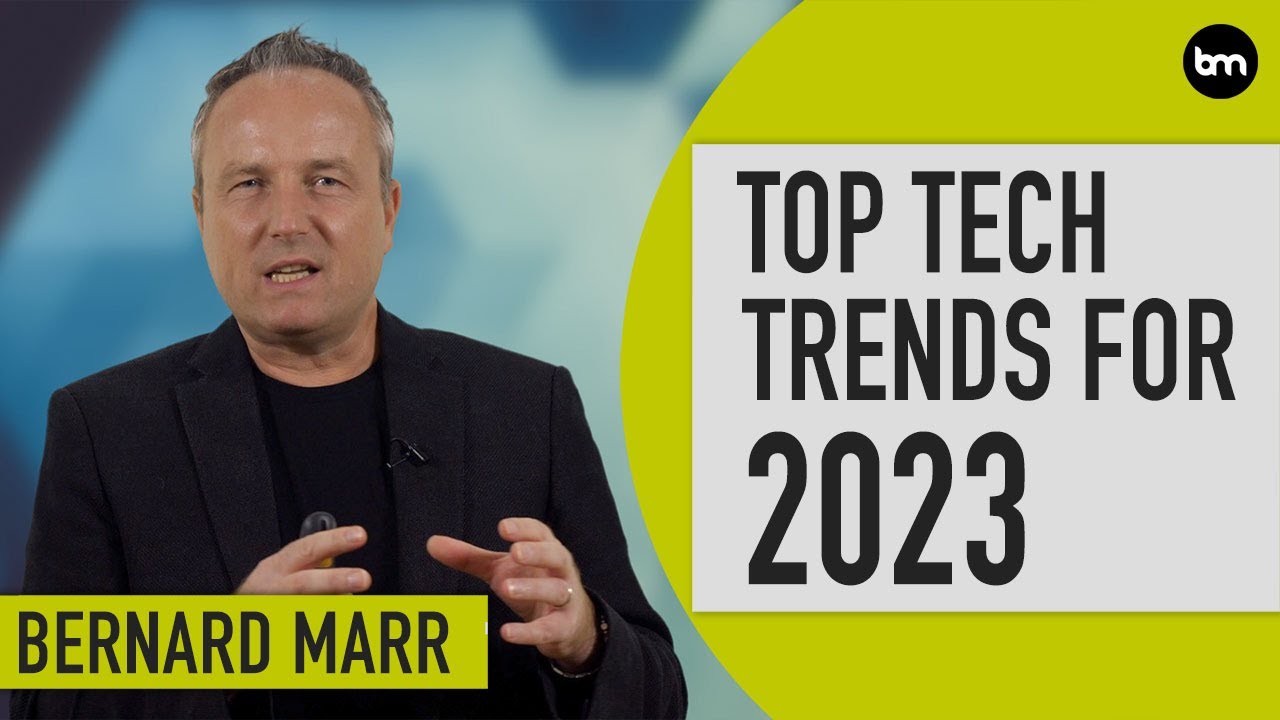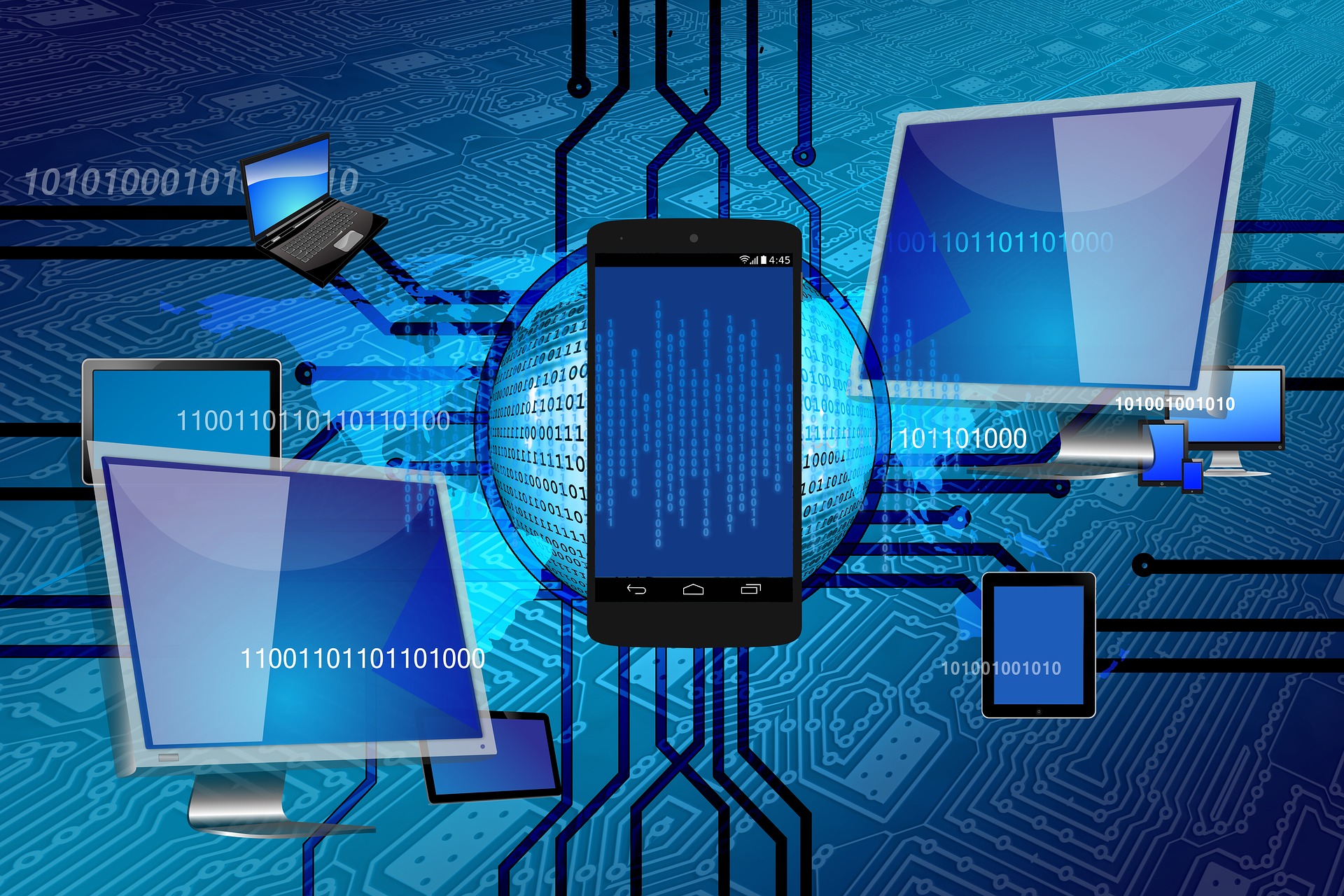Most Interesting Technological Trends - The 2030 Technology
We may anticipate a wide range of new initiatives that will impact how we live over the next five years because technology is always evolving.
After looking at all of the top technology journals, such as Science articles and Novabach (you can find some of their free tech articles here), here are some of the most interesting technological trendswe think will happen in the next few years.
Drones
By 2024 or 2025, many people anticipate that drones will be much more prevalent. Currently, only videographers and photographers use drones extensively.
But soon enough, drones will be affordable enough that many people will be interested in buying one.
Additionally, they will be able to fly for extended periods of time without recharging because of advances in technology.
In the next few years, drones will also no longer need official approval, which means they could be used for additional activities.
Drones, for instance, might be increasingly frequently employed to locate lost people or animals. Drones might be used to transport consumer items more frequently as well.
Soon, none of us will be able to go a day without encountering a drone.
Blockchain
Many people only consider blockchain technology in the context of digital currencies like Ethereum and Bitcoin.
However, blockchain provides a variety of security measures that are useful in other contexts.
Data on a blockchain can only be added to; it cannot be removed or modified. It is incredibly secure because the data cannot be modified.
Additionally, because the blockchain is powered by consensus, no single person or entity has ownership over the data.
"Blockchain" implies that there isn't a third entity controlling the transactions.
AI (Artificial Intelligence)
The development of artificial intelligence will accelerate during the next few years. The idea of AI has grown as scientists and researchers have come up with more creative ways to use the technology.
We anticipate that the use of AI for consumers will grow quickly. The Teak Smart Cube, an AI-driven power adaptor created to help people reduce their energy costs, is a wonderful illustration of this.
With the help of innovative hardware and clever software, the teak outlet is transforming today's energy users into tomorrow's energy conservers.
It will make your home smarter, your energy bill lower, and the world greener through AI and intelligent hardware design.
Utilizing The Cloud
As more businesses, both large and small, quit depending on local servers and move their data to the cloud, cloud computing will only grow over the next few years.
In the next five years, many businesses, organizations, and industries are likely to switch to cloud computing in a big way.
Additionally, there will be more advancements in cloud computing alternatives like edge computing and fog computing, which we explain in this list.
Fog computing gets around the problems that cloud computing has, like not being able to quickly look at a lot of data.
5G Data
Without mentioning 5G, no list of the top emerging technological developments is ever complete.
This is the mobile communications standard of the newest generation, which provides higher speeds and lower latency.
This is great newsfor those of us who use our phones a lot to keep track of our busy lives.
Naturally, 5G networks have been in development for a long time. But as the networks are brought online, 5G is giving mobile devices much faster speeds and making Internet connections more reliable.
There isn't enough wireless bandwidth to support additional IoT devices connecting to one another.
Future self-driving car possibilities, and even those for smart cities, will expand. This will all be made possible by 5G networks' significantly quicker wireless data transfers.
Engagement And Retention Of Talent
You might be wondering why talent engagement and retention are on the list of upcoming technological trends.
There are some compelling reasons in favor of it, though. For tech-driven firms, finding tech employees with the necessary capabilities is a huge challenge.
Research shows that managing talent will be one of the most important things for tech companies in the future.
Organizations must consider additional aspects, particularly moving beyond salary as the motivating reason for attracting or retaining talent.
Emerging technologies like big data analytics, AI, and machine learning will be crucial in defining organizational cultures and employer branding.
To strike the right balance for workers with flexibility in working hours and formats, diversity, inclusion, and equity, organizations would need to put in a lot of effort.
Career paths in the technology sector do not appear to be as obvious as those in corporate positions, which is a frequently overlooked impediment to personnel management in the sector.
Organizations need to give their current and potential employees chances to learn new skills and grow if they want to keep and hire good people.
Automating Processes Robotically (RPA)
Robotic Process Automation, or RPA, is a technology that automates occupations, much like AI and machine learning.
RPA refers to the use of software to automate business operations, including application interpretation, transaction processing, data handling, and even email answering.
RPA automates routine processes that previously required human labor.
Although Forrester Research projects that RPA automation would put 230 million or more knowledge workers, or around 9% of the global workforce, in danger of losing their employment, RPA is also changing and generating new jobs.
According to McKinsey, less than 5% of vocations can be fully automated, but over 60% can be somewhat automated.
2.0 Software
We are definitely moving toward low-or no-code programming. It would function in two distinct ways.
First, ML and neural networks would write the code to create new software, or later, graphical programming interfaces.
Simple modal windows and drag-and-drop operations would make it possible to create complicated applications (even artificial intelligence apps).
It will make things simpler, and no one will be restricted by coding knowledge!
Rapid scalability, increased use of data-enhanced AI applications, lower development costs, and a faster pace of significant digital transformation would all benefit enterprises.
Any organization must work on a cultural shift toward agility and cross-functional collaboration in order to adapt to this transition in the programming paradigm.
Any organization must successfully integrate the business and IT facets for Software 2.0 to be successful.
Consequently, desirable commercial and technological consequences are guaranteed.

The 5 Biggest Technology Trends In 2023 Everyone Must Get Ready For Now
DeepTech
DeepTech is a term used to describe technology that develops as a result of actual scientific discoveries or technical improvements.
The value of European DeepTech companies has already surpassed USD 740 billion, and they are expanding quickly.
All of the technologies mentioned in the aforementioned top tech trends can be grouped under the heading of "DeepTech," which aims to address important problems including climate change, food scarcity, clean energy, and chronic diseases.
It addresses each and every sustainable development goal, to put it briefly.
Four important recommendations from the World Economic Forum for startups in the DeepTech sector might be helpful.
Unbiased technology review is essential; innovation architecture design should reflect specific risks.
Efforts to address the drawbacks of the corporate top-down venturing strategy should be prioritized; and a focus on use cases rather than technology are other important considerations.
People Also Ask
What Are Current Trends In Technology?
With advances in machine learning and natural language processing, artificial intelligence will be more common in 2022 than in 2017.
Using this technique, artificial intelligence will be able to comprehend us better and carry out more difficult tasks.
According to predictions, 5G will change how we live and work in the future.
What Are The Top 5 Technologies Now?
- Artificial Intelligence and Machine Learning.
- Data Science.
- Full Stack Development.
- Robotic Process Automation.
- Edge Computing.
What's The Next Big Tech Trend?
The next ten years will see profound changes in business due to three rising technology classes: quantum technologies, exponential intelligence, and ambient computing.
These field notes about the future could help business leaders plan for a technologically advanced future by giving them a strategic look at the next ten years.
Conclusion
Knowing the major technological trends for the upcoming ten years is insufficient. When the time comes, your business must take action rather than just react.
Here are a few of the most important things you can do to prepare your company for the next ten years.

